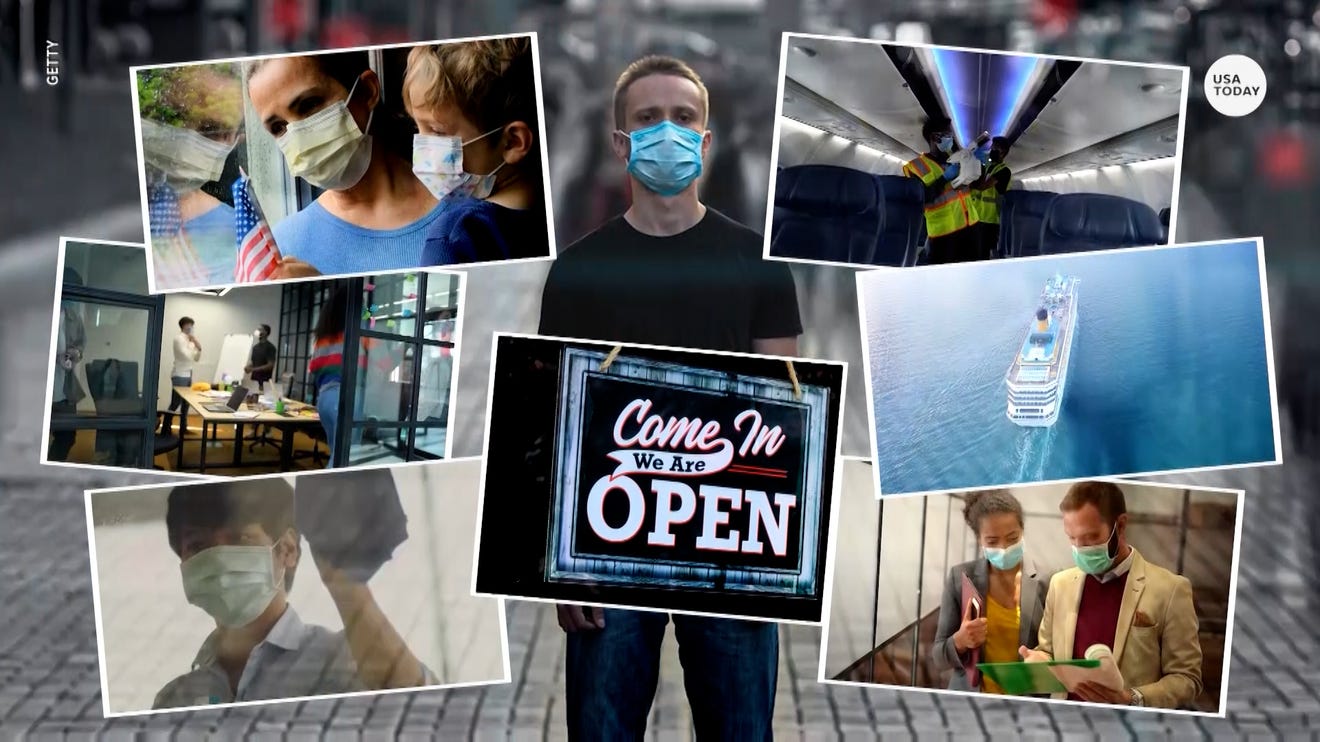In a world increasingly interwoven by the threads of globalization, the Bahá’í teachings on unity and collective wellbeing resonate profoundly. The COVID-19 pandemic has underscored an urgent reality: the interconnectedness of humanity. The aphorism “No one is safe until everyone is safe” emerges not merely as a practical evaluation of public health, but as a moral imperative rooted in the essence of Bahá’í thought. This article explores the principles of Bahá’í teachings in relation to the vaccination movement, elucidating the significance of collective action in the face of existential threats.
At the heart of Bahá’í beliefs is the idea of oneness. Humanity is viewed as an integrated whole, a vibrant tapestry woven from diverse threads of culture, belief, and experience. This theme manifests in the Bahá’í imperative for a collective response to global challenges. The pandemic illuminated the fragility of societies; yet, it simultaneously presented an opportunity for collective transformation. Bahá’í teachings emphasize that every action taken for the wellbeing of the community radiates outward, reflecting the interconnected health of the individual and the collective. Hence, the vaccination campaign becomes more than a mere public health initiative; it embodies a commitment to the sanctity of all human life.
Metaphorically, the world resembles an intricate ecosystem, where the health of one organism is inextricably linked to the wellbeing of others. If a single species within the ecosystem faces extinction, it threatens the balance of the entire environment. Similarly, unchecked viral replication in one segment of the population can spawn variants that jeopardize collective health. The Bahá’í perspective encourages individuals to see vaccinations not simply as personal choices but as essential contributions to the intricate fabric of society, reinforcing the notion that well-being is a communal privilege.
The concept of justice is also paramount within Bahá’í teachings. Justice is not merely a social contract but a divine requirement that calls for equitable access to resources. The equitable distribution of COVID vaccines aligns with this principle, highlighting a systemic obligation to ensure that marginalized communities are not overlooked. This calls for a conscientious effort to dismantle barriers that diminish access to vaccines for underprivileged populations. Addressing inequalities is not just a question of ethical obligations; it is integral to the foundational beliefs of Bahá’í teachings, where justice paves the way for lasting peace.
Moreover, the Bahá’í teachings emphasize the role of science and religion as complementary forces. The pandemic serves as a stark reminder of the importance of scientific inquiry and evidence-based practices. Vaccines, developed through rigorous scientific investigation, represent the fruits of human intellect and collaboration. In this light, belief in the efficacy of vaccines aligns with the Bahá’í endorsement of science as a divine gift. The faithful are thus encouraged to embrace medical advancements, understanding that these innovations serve humanity’s collective journey toward health and prosperity.
Communication plays a pivotal role in dispelling misinformation that permeates public discourse regarding vaccination. The Bahá’í community’s commitment to promoting truth can significantly counteract the disinformation that pervades various media. This multifaceted approach should involve educational initiatives that foster informed decisions and transparent dialogue. Sharing accurate knowledge is an act of service to humanity; it reflects the Bahá’í principle of consultation, which encourages individuals to engage in meaningful conversations that honor diverse viewpoints while striving for the common good.
As we navigate this precarious chapter in human history, the notion of collective responsibility emerges with renewed urgency. The Bahá’í principles advocate for individual empowerment within the framework of community obligations. Each individual’s decision to receive the vaccine resonates within the broader context of societal resilience. The protective veil of immunization can only be fully drawn when every person participates, thus safeguarding the most vulnerable among us.
In the context of the pandemic, the concept of detachment—another core Bahá’í teaching—takes on a nuanced meaning. Detachment encourages individuals to release selfish tendencies, fostering a selfless unity. When individuals adopt an altruistic mindset, viewing vaccination as a communal safeguard rather than a solitary act, they actively contribute to the collective health of society. This shift in perception can facilitate a culture of mutual aid, wherein citizens look out for one another as interdependent beings, further underscoring the interconnectedness of all.
Furthermore, the call to action extends beyond individual vaccinations. Communities are urged to implement supportive measures, such as promoting vaccination drives in underserved areas, advocating for fair pricing, and facilitating transportation to vaccination sites. Each of these initiatives plays an integral role in the collective effort to achieve herd immunity. Consequently, the teachings advocate for individuals to engage in service, reflecting the belief that serving others is a pathway to personal and spiritual fulfillment.
Ultimately, the Bahá’í understanding of unity, justice, and collective wellbeing informs a robust framework for addressing contemporary challenges like the COVID-19 pandemic. As humanity grapples with the aftermath of this crisis, it is evident that resilience lies not merely in scientific advancement but in the embodiment of values that prioritize the welfare of all. Every vaccinated individual contributes to the overarching goal of safeguarding public health; thus, it is imperative to embrace the understanding that in the tapestry of human existence, every thread matters. Together, through mutual support and commitment to the collective good, humanity can emerge from the shadows of this crisis into a brighter, healthier future.
